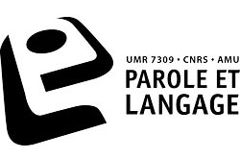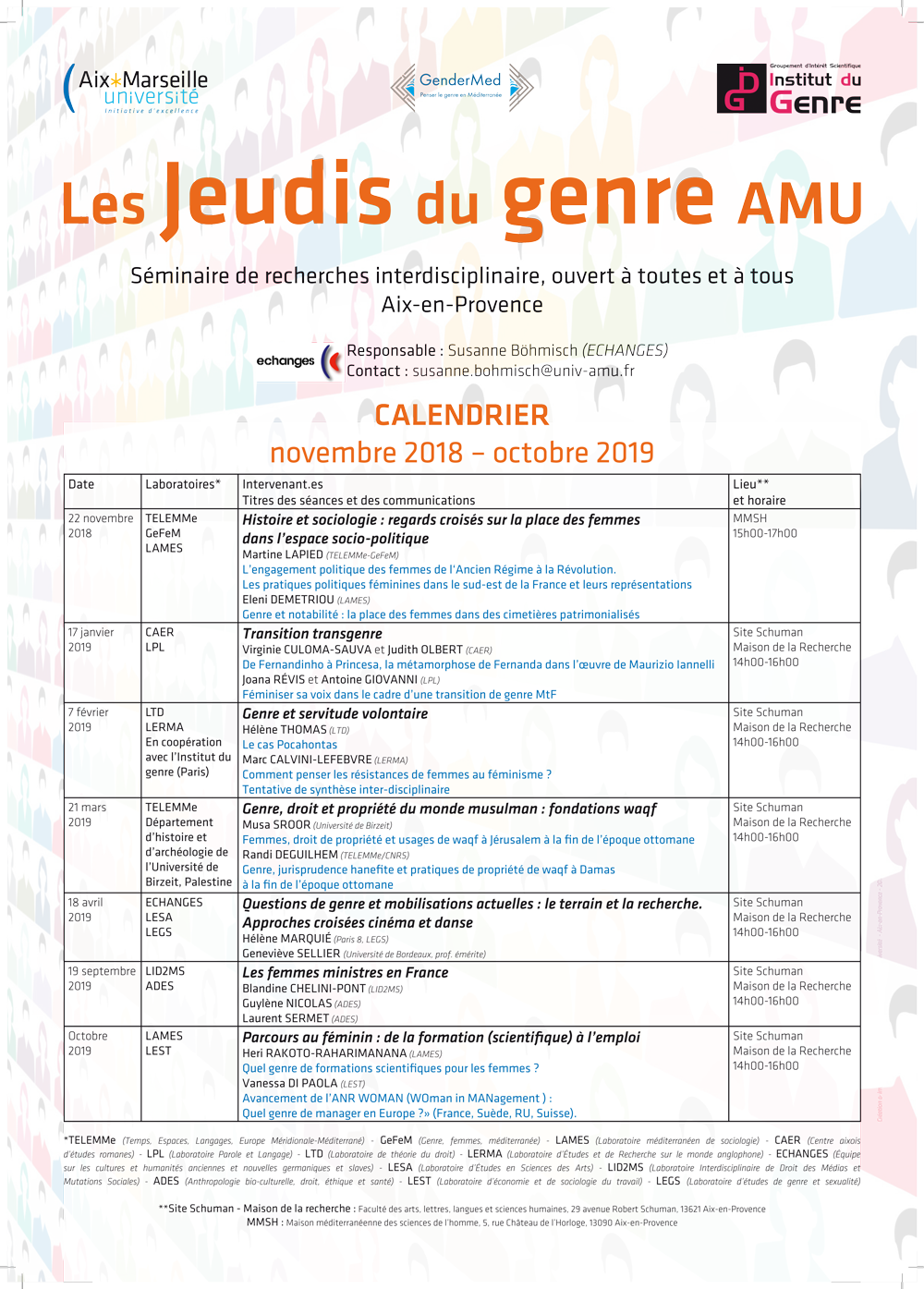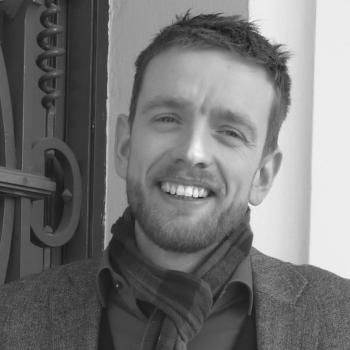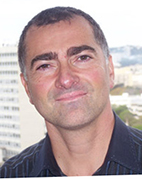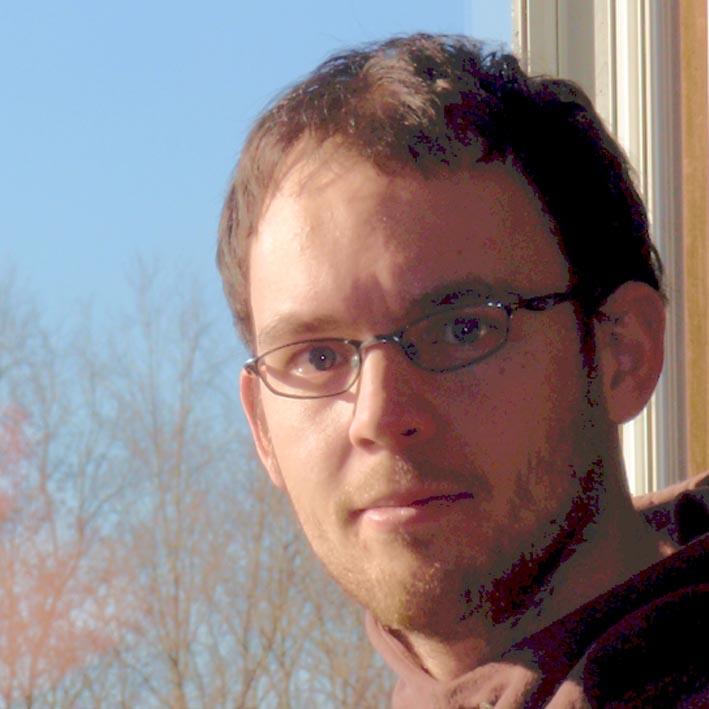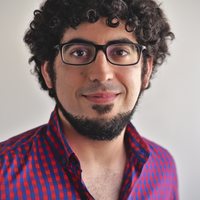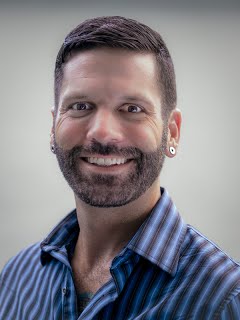Christopher Carignan
(Institute of Phonetics and Speech Processing, LMU Munich)
http://www.christophercarignan.com/
Jeudi 22 novembre 2018
9h-12h LPL, salle A103, 5 avenue Pasteur, Aix-en-Provence
Tutoriel « Quantifying the vocal tract: A primer to articulatory data analysis in R »
+ Analyse de divers signaux articulatoires : EMA, airflow, EPG, EGG, ultrasound, et MRI
+ Accès libre, merci de contacter M. D’Imperio mariapaola.dimperio@lpl-aix.fr pour confirmer votre participation
****
Vendredi 23 novembre 2018
11h LPL, salle de conférences B011, 5 avenue Pasteur, Aix-en-Provence
Séminaire « Using naïve listener imitations of native speaker productions to investigate mechanisms of listener-based sound change »
Résumé This study was designed to test whether listener-based sound change—listener misperception (Ohala, 1981, 1993) and perceptual cue re-weighting (Beddor, 2009, 2012)—can be observed synchronically in a laboratory setting. Co-registered articulatory data (degree of nasalization, tongue height, breathiness) and acoustic data (F1 frequency) related to the productions of phonemic oral and nasal vowels of Southern French were first collected from four native speakers, and the acoustic recordings were subsequently presented to nine Australian English naïve listeners, who were instructed to imitate the native productions. During these imitations, similar articulatory and acoustic data were collected in order to compare the articulatory strategies used by the two groups. The results suggest that the imitators successfully reproduced the acoustic distinctions made by the native speakers, but that they did so using different articulatory strategies. The articulatory strategies for the vowel pair /ɑ̃/-/a/ suggest that listeners (at least partially) misperceived F1-lowering due to nasalization and breathiness as being due to tongue height. Additional evidence supports perceptual cue re-weighting, in that the naïve imitators used nasalance less, and tongue height more, in order to obtain the same F1 nasal-oral distinctions that the native speakers had originally produced.
